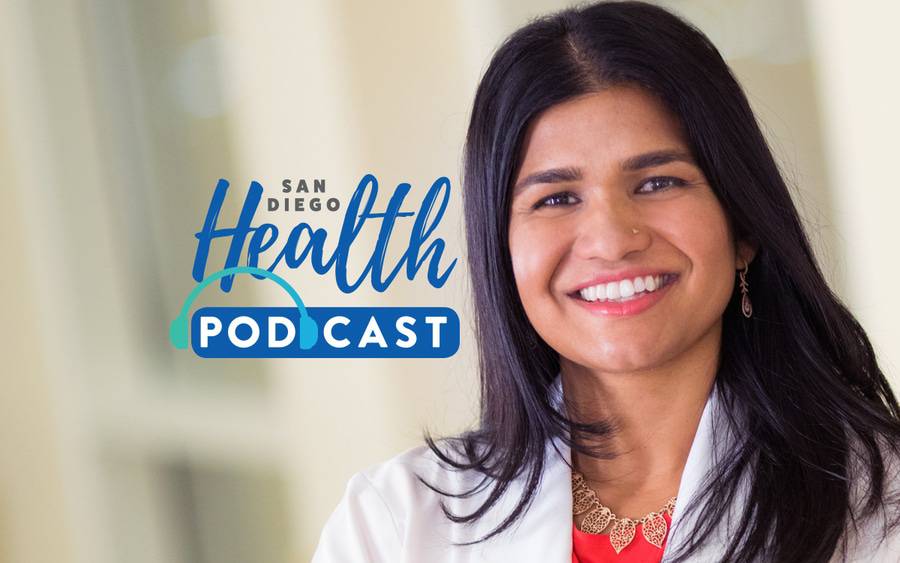When Is a Slow Heart Rate a Problem? (podcast)
Scripps cardiologist explains bradycardia, causes and treatments

Dr. Poulina Uddin, Cardiology, Scripps Clinic
Scripps cardiologist explains bradycardia, causes and treatments
If you’ve been experiencing bouts of tiredness, weakness, and shortness of breath, you might want to check your heart rate. It could be bradycardia, which means that your heart rate is too slow or irregular and may be pumping an insufficient amount of blood to the brain.
In this episode of San Diego Health, host Susan Taylor and guest Poulina Uddin, MD, a cardiologist at Scripps Clinic Anderson Medical Pavilion in La Jolla, discuss the causes and symptoms of bradycardia, treatment options, and when to seek medical attention.
Dr. Uddin also outlines certain instances in which a heartrate below 60 beats per minute may not be a sign that something is wrong.
Listen to the episode on when to seek care for bradycardia
Listen to the episode on when to seek care for bradycardia
Podcast highlights
Lightly edited for clarity.
Watch video on what slow heart rate means
Watch the San Diego Health video with host Susan Taylor and Dr. Uddin discussing causes and treatments for bradycardia.